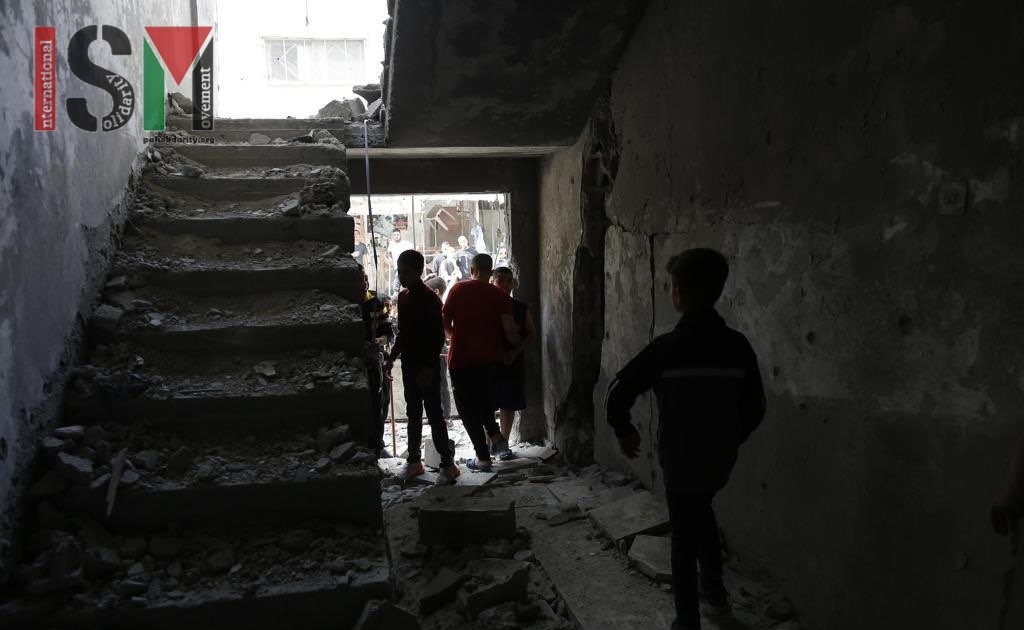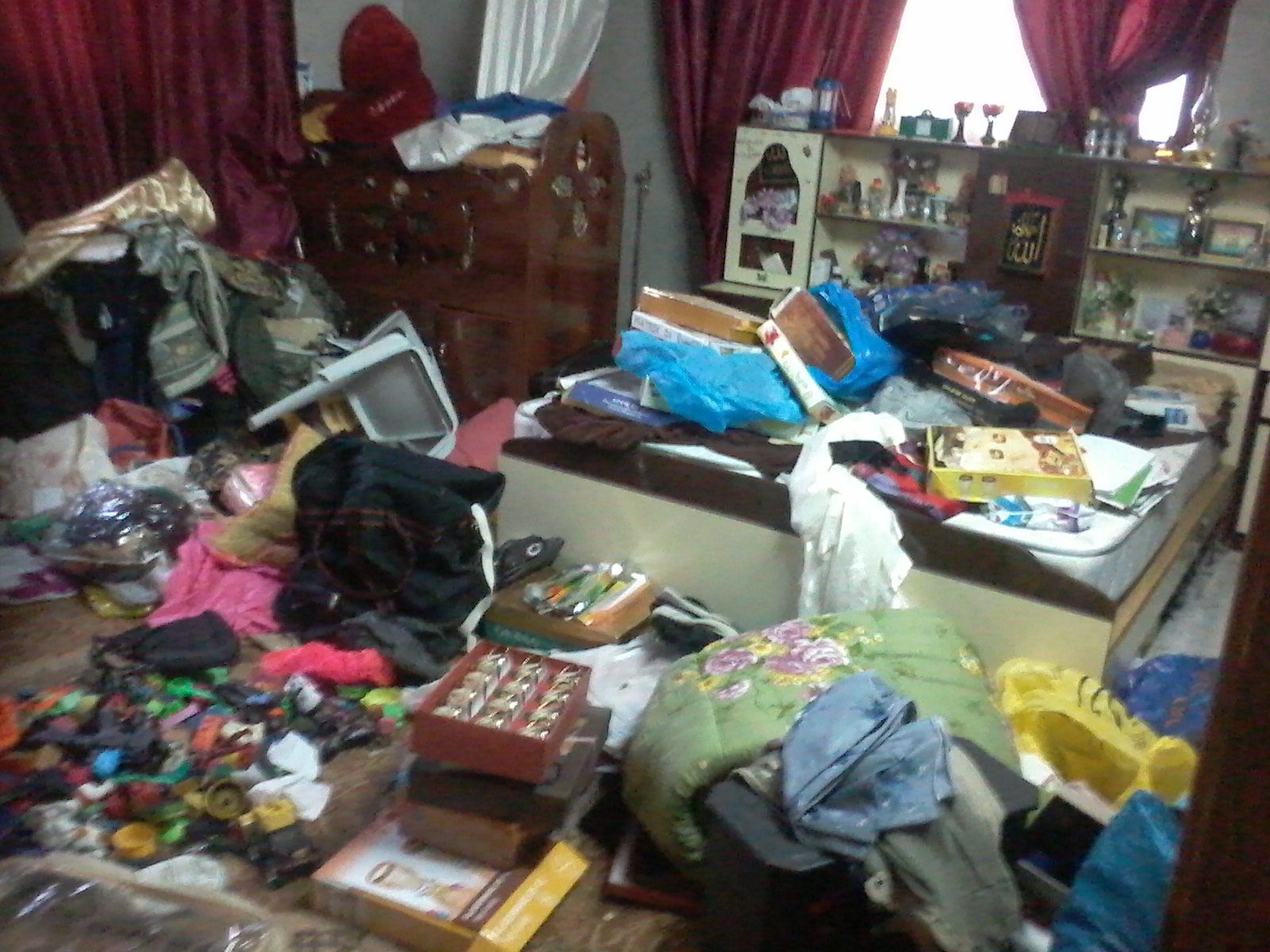Tag: Balata Refugee Camp
-

The escalation of Israeli crimes in the West Bank
On the evening of Friday, November 17th, the Israeli occupation forces carried out an aerial bombardment in the Balata refugee camp, killing four Palestinian men.
-

Endless Israeli military campaigns in Tulkarem
By. Diana Khwaelid Tulkarm – 5-10-2023 A rapid military operation carried out by the Israeli occupation forces in Tulkarem camp at dawn today, around 5 a.m. Dozens of Israeli military vehicles stormed Tulkarem camp in the centre of the city, in the northern West Bank. Strong confrontations and clashes broke out between Palestinian militants who…
-

More young men and teenagers arrested by the Israeli military
9th December 2014 | International Solidarity Movement, Nablus team | Nablus, Occupied Palestine On December 8th in Nablus, the Israeli army broke into the homes of two families in Balata refugee camp and arrested two young Palestinians, 19-year-old Mujahed al Shekhalil and 17-year-old Yazan Hta. In both cases, their homes were raised by the military…
